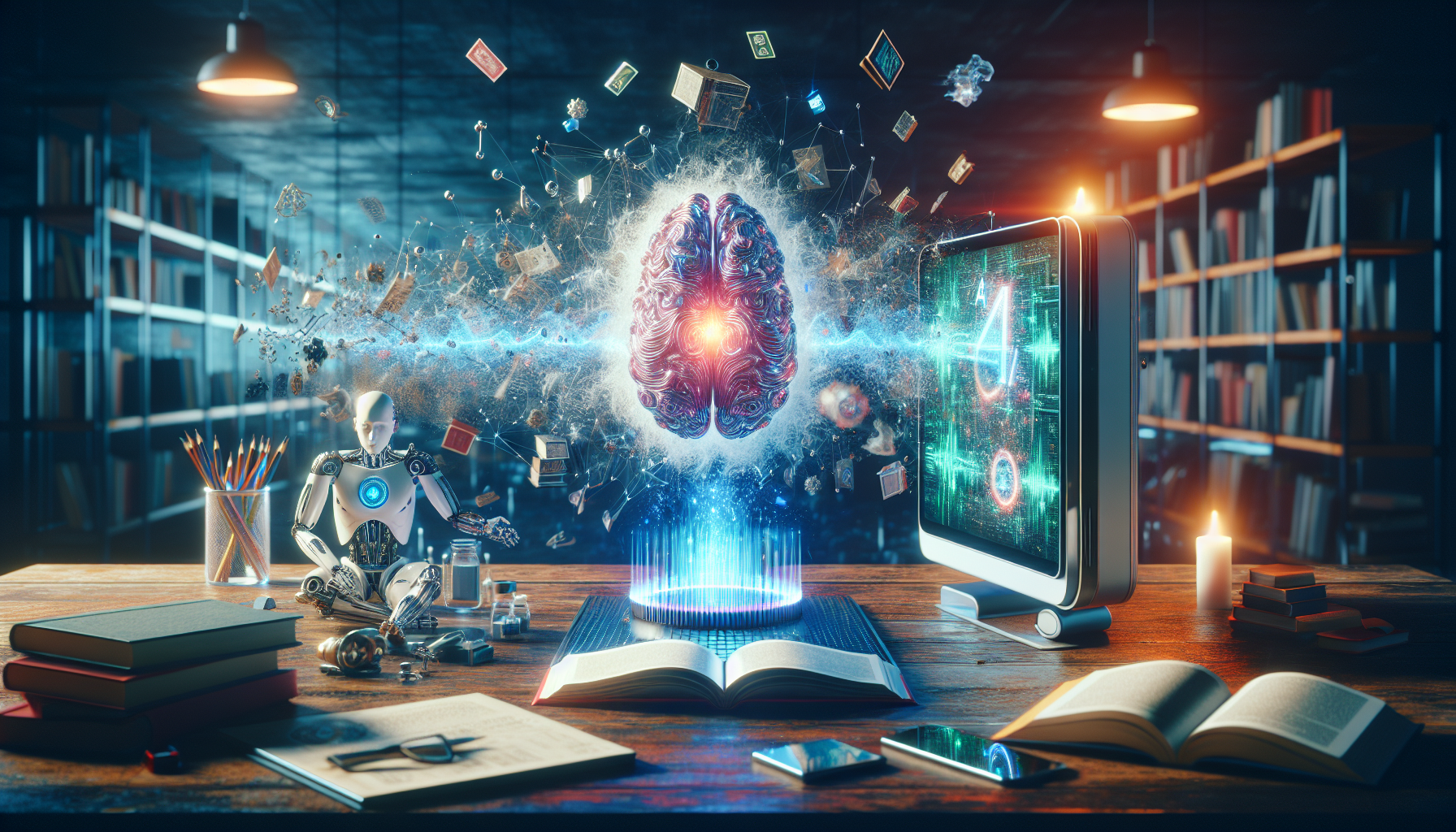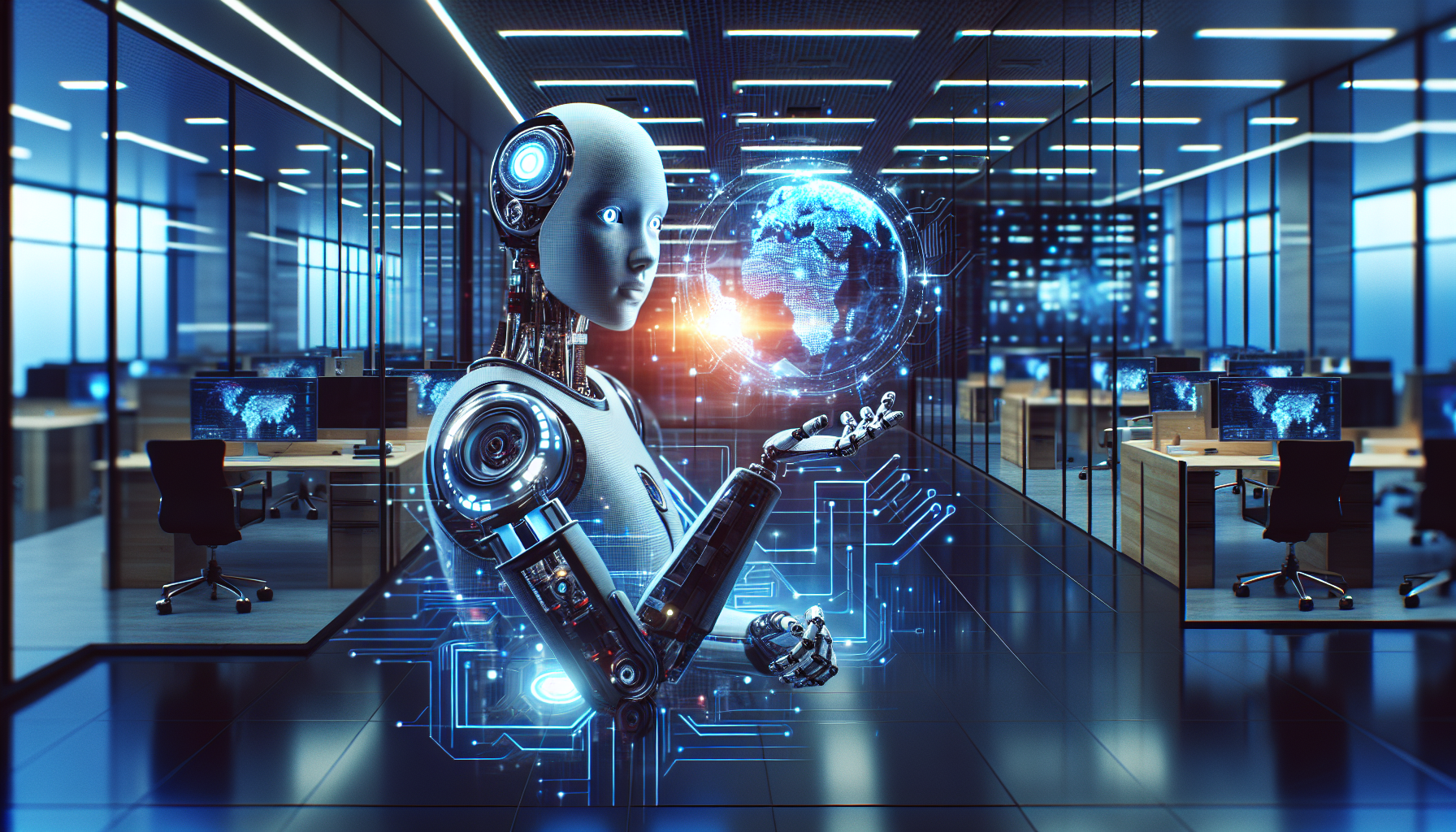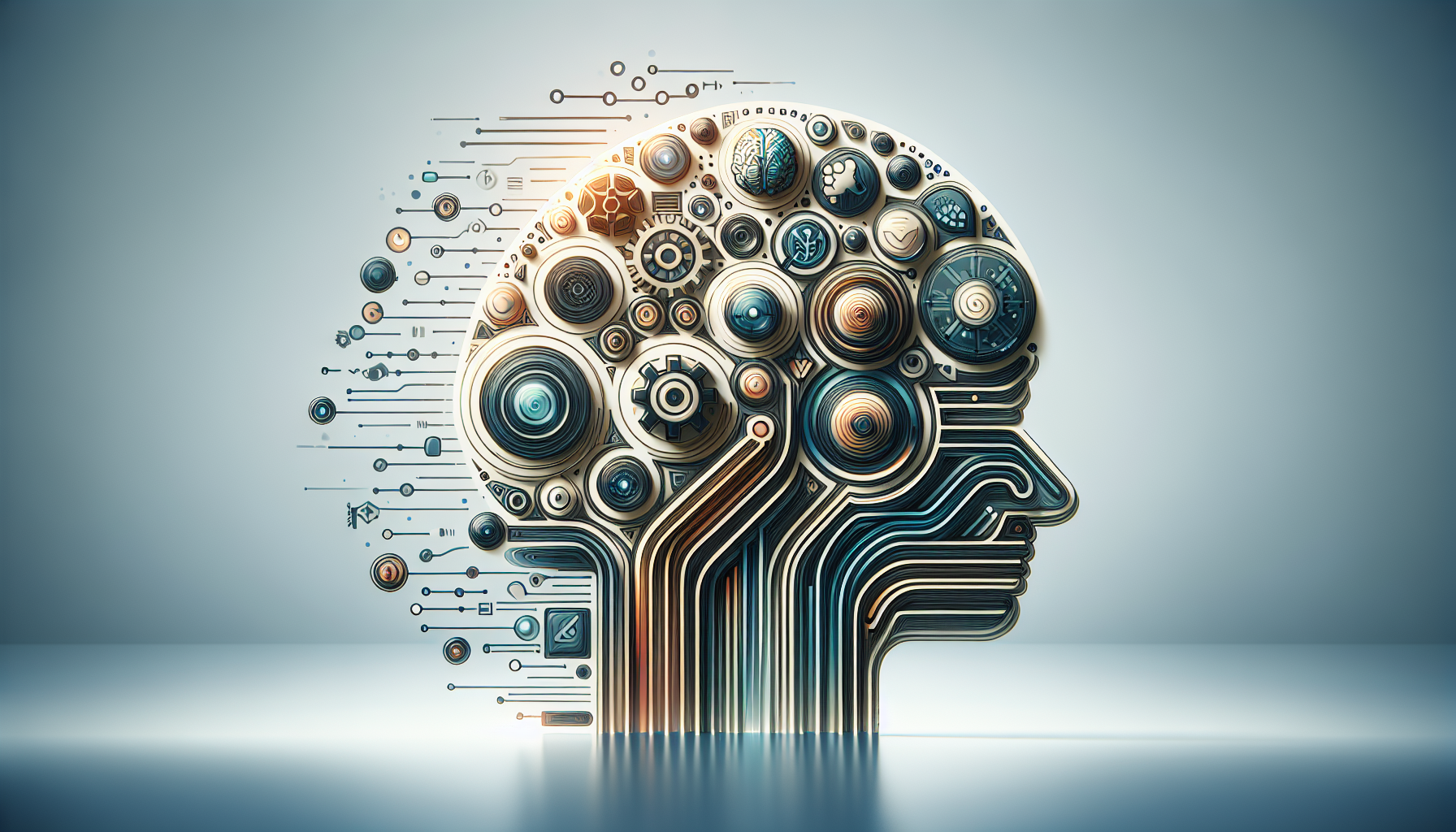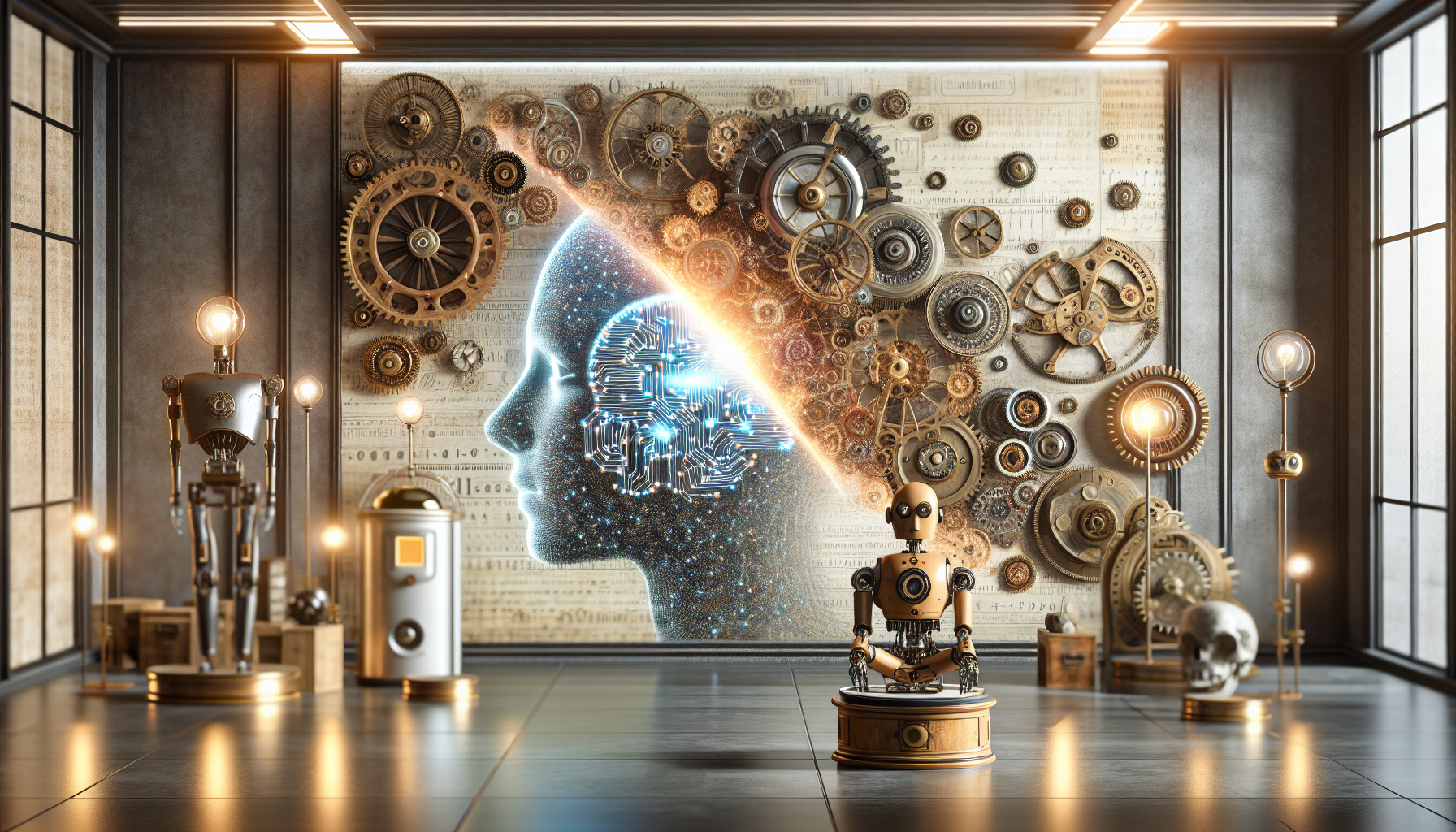
Unraveling the Truth: How AI Transforms Consumer Behavior-Beyond the Myths
July 19, 2025
Artificial Intelligence is often perceived as a mysterious force, altering the way we live, shop, and interact with technology. But there's more to the story than futuristic narratives and dystopian myths. AI is not only reshaping consumer behavior; it is inspiring creativity, enhancing experiences, and empowering consumers in ways previously unimaginable. Let's explore how AI is genuinely influencing consumer behavior and debunk some myths along the way.
Imagine walking into a store and being greeted by a digital assistant that knows your preferences better than your closest friend. It sounds like science fiction, but AI-powered personalization is already a reality, subtly changing the dynamics between consumers and brands. By analyzing vast amounts of data, AI can predict what you might want before you even know it yourself. This isn't about manipulation; it's about understanding and serving customers with precision and care.
A common myth is that AI steals jobs and renders human creativity obsolete. However, AI can be a powerful collaborator, augmenting human creativity rather than replacing it. Take, for instance, the fashion industry. Designers now use AI to predict trends, optimize supply chains, and even create virtual fitting rooms. This collaboration allows for more sustainable practices and innovative designs that resonate with consumers on a personal level. AI empowers designers to focus on what they do best: creating garments that tell a story and evoke emotion.
Another pervasive myth is that AI invades privacy, leaving consumers vulnerable to exploitation. While data privacy is a legitimate concern, AI also presents an opportunity for greater transparency and control. Modern AI systems are increasingly being designed with privacy in mind, offering consumers more insight into how their data is used. Moreover, AI can enhance security measures, protecting sensitive information and building trust between consumers and brands. The key is responsible AI development and usage, emphasizing ethics and accountability.
AI also revolutionizes customer service, a domain often plagued with inefficiency and frustration. Chatbots and AI-driven support systems now provide immediate, 24/7 assistance, reducing wait times and enhancing customer satisfaction. These tools are not meant to replace human interaction but to complement it, freeing up human representatives to handle more complex inquiries. As a result, brands can offer a more responsive and personalized service, fostering loyalty and engagement.
In the realm of e-commerce, AI optimizes the shopping experience by offering recommendations tailored to individual tastes and needs. This goes beyond suggesting products based on past purchases. AI analyzes browsing patterns, social media activity, and even sentiment to curate a shopping journey that feels intuitive and seamless. This level of personalization enhances the consumer experience, making shopping not just a transaction, but an enjoyable, discovery-filled adventure.
Furthermore, AI fosters inclusivity by breaking down barriers for those with disabilities. Voice-activated assistants and AI-driven accessibility tools empower individuals to interact with technology in ways that suit their needs. This inclusivity extends to product design as well, with AI helping create products that cater to a diverse consumer base, ensuring that everyone can participate in and benefit from technological advancements.
Perhaps most inspiring is AI's potential to drive positive social change. Brands increasingly leverage AI to engage in cause-driven marketing, aligning with social issues that matter to their consumers. AI helps identify and understand these issues, enabling brands to launch campaigns that resonate authentically. This creates a sense of community and shared purpose, transforming consumer-brand relationships into partnerships for positive impact.
So, what does the future hold for AI and consumer behavior? As AI technology continues to evolve, its influence on consumers will become even more profound and nuanced. The potential for AI to inspire, innovate, and drive meaningful connections is vast. It's not just about what AI can do, but about how it can empower consumers and businesses to create a better, more connected world.
As we move forward, the challenge lies in harnessing AI's capabilities while maintaining a balance between innovation and ethics. How can we ensure that AI development aligns with human values and enhances our world rather than detracting from it? This question invites us all—consumers, developers, and businesses alike—to participate in shaping an AI-driven future that is inclusive, transparent, and inspiring.


